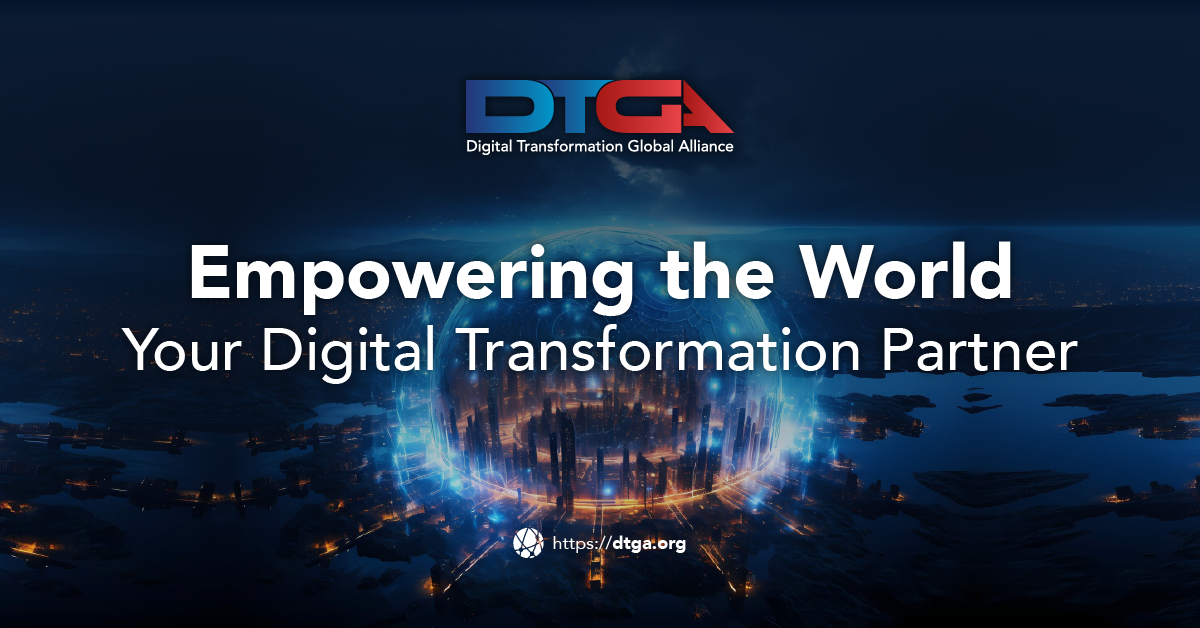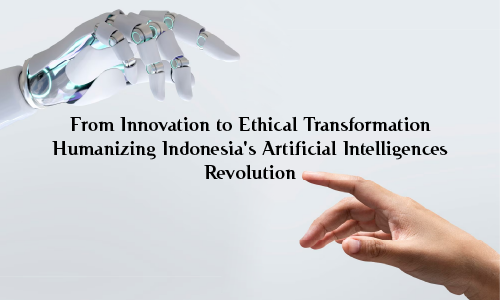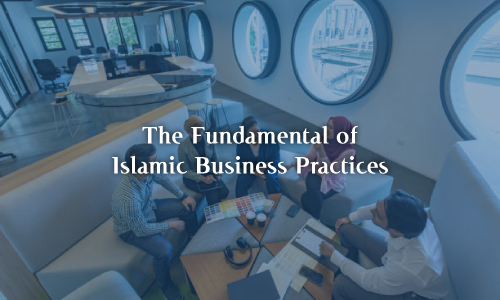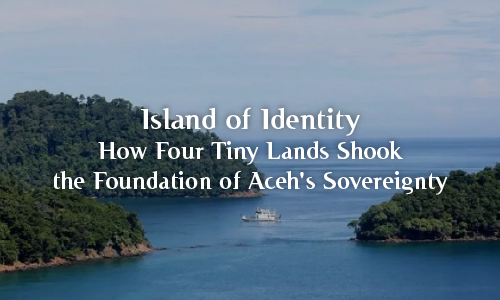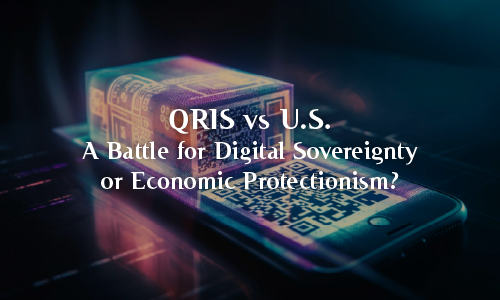
Summary: The green economy has emerged as a transformative framework to address the dual challenge of climate change and sustainable development. This paper critically examines the dynamics of the global green transition, highlighting both opportunities and structural challenges. The study focuses on the phenomenon of the "Green Recession," wherein rapid decarbonization efforts trigger short-term economic disruptions such as industrial contraction and inflation. It also analyzes global investment trends, policy responses, and the role of corporate actors in shaping a low-carbon future. Using Indonesia as a case study, the paper explores national-level challenges including regulatory uncertainty, fossil fuel subsidies, and the entrenched influence of energy cartels. Public awareness and regional disparities in the adoption of renewable energy technologies are also discussed. The findings suggest that while the green economy offers long-term socio-economic and environmental benefits, a successful transition requires comprehensive policy reforms, transparent governance, inclusive education, and international cooperation. The paper concludes by offering strategic recommendations to foster a just and resilient green transformation, both in Indonesia and globally.
Introduction
In response to the escalating climate crisis and the urgent need for sustainable development, the green economy has emerged as a vital framework for aligning economic growth with environmental responsibility. Defined as an economy that seeks to improve human well-being and social equity while significantly reducing environmental risks and ecological scarcities, the green economy emphasizes the transformation of production and consumption patterns, energy systems, and institutional structures. Amid this global shift, nations are adopting cleaner technologies, promoting renewable energy, and redefining policy directions to build resilient, low-carbon economies. However, the transition to a green economy is not without its disruptions. The term "Green Recession" has surfaced in economic discourse, denoting the short-term economic shocks triggered by abrupt policy shifts and the restructuring of high-emission industries. This paper explores the short-term economic consequences of green transitions, global investment trends, national case studies including Indonesia, public perceptions and behavioral dynamics, structural barriers such as energy cartels, and proposes strategic policy recommendations to facilitate a just and inclusive transition.
Short-Term Economic Impacts: The "Green Recession"


